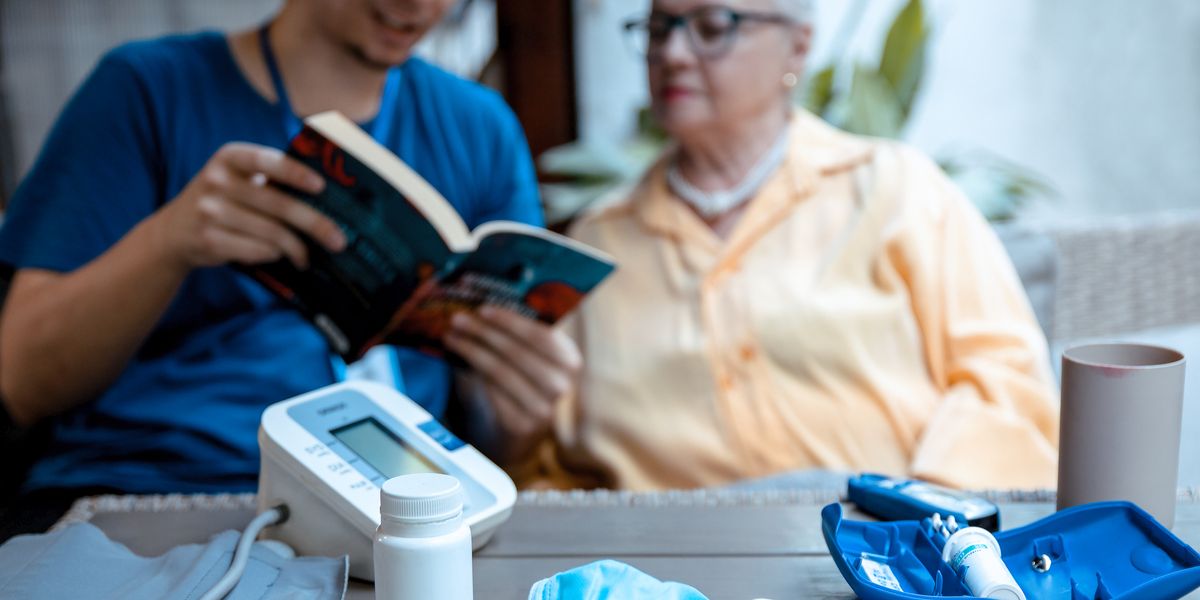If you’re the friend, relative or partner of someone with diabetes, you may wish to know what you can do to help support them.
How you can best help is likely to vary depending on how your friend, relative or partner views their own diabetes.
Motivated and in control
If your friend, relative or partner is motivated and reasonably well controlled it is likely they’ll be receptive to new ideas and viewpoints.
However, note that they may resist advice if they think you’re trying to take away their control.
With so much to take into account with controlling diabetes, it is quite likely your friend, relative or partner may want to talk about what they have learned lately.
You may think they’re a bit obsessed but accept that needing to talk about their diabetes is a by product of their hard work in managing their diabetes
If it’s starting to get overbearing, let them know but try not to appear dismissive.
Keep an interest in your friend, relative or partner’s diabetes. Should anything go wrong with their diabetes or a related area of their health, you’ll want your partner to feel they can discuss it with you.
Unmotivated and struggling with control
If your friend, relative or partner lacks motivation in controlling diabetes or struggles with controlling it, it can help to offer support in a way that helps your partner to feel in control.
It may help to hear how your friend, relative or partner views his/her diabetes. Let your friend, relative or partner speak and try not to offer advice or solutions at this stage unless you can tell your partner is actively receptive to new ideas.
Your friend, relative or partner may even need a bit of a rant and then a good night’s sleep before being able to start looking for solutions.
It can be helpful to know which areas of their diabetes they’re hitting barriers with. This could be difficulty understanding why some blood glucose level numbers are high and others aren’t or could be a deeper issue such as struggling to accept their diabetes diagnosis (which can happen even after many years).
If you can spot a barrier, it’s important that your partner is the one that tackles the barrier. Assistance will be welcome and where possible it will usually be best for your friend, relative or partner if you allow him/her to take control of the situation.
If your views differ with your friend, relative or partner’s
It is possible that you and your friend, relative or partner’s views on his/her health differ. They may feel that they’re either doing everything they can or that they’re doing all they need to, whereas you may feel that there is clear room for realistic improvement.
This is not such an easy situation and you may need to try something new to find some common ground. Sometimes a lack of communication can be part of the reason for the differing views.
It may help to be honest about why your friend, relative or partner’s health causes you worry. It can be easy for those with diabetes to sometimes forget the impact that their diabetes can have on you and others.
Support groups
Support groups can be helpful for people with diabetes to see how others manage their condition. The Diabetes Forum and Diabetes Facebook page are great daily sources of community support and offer the chance to see how others have been able to attain consistent diabetes control.




